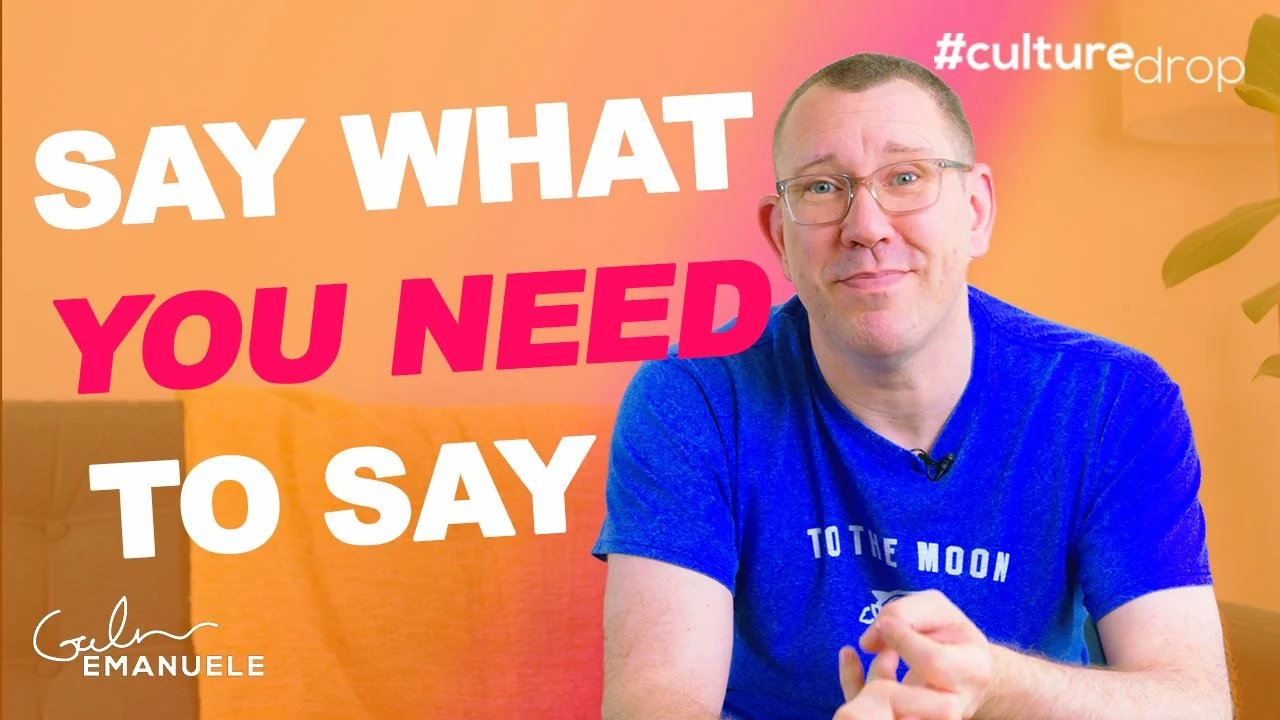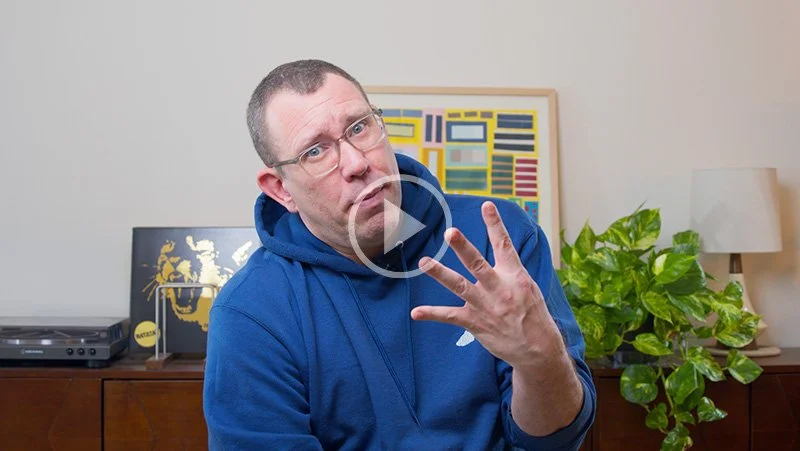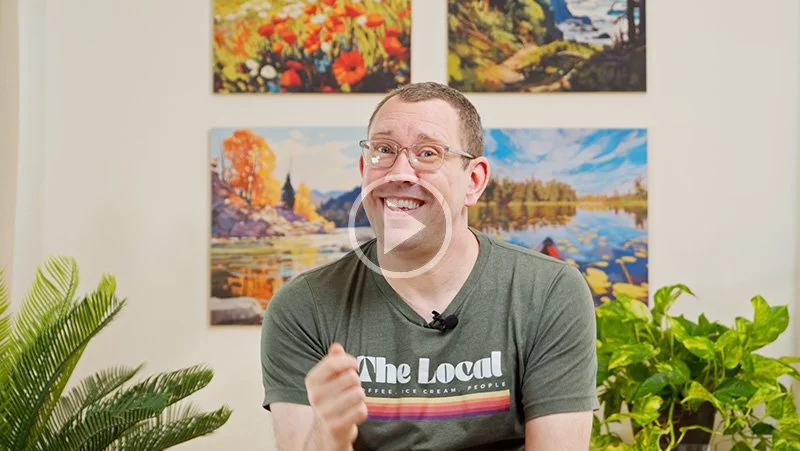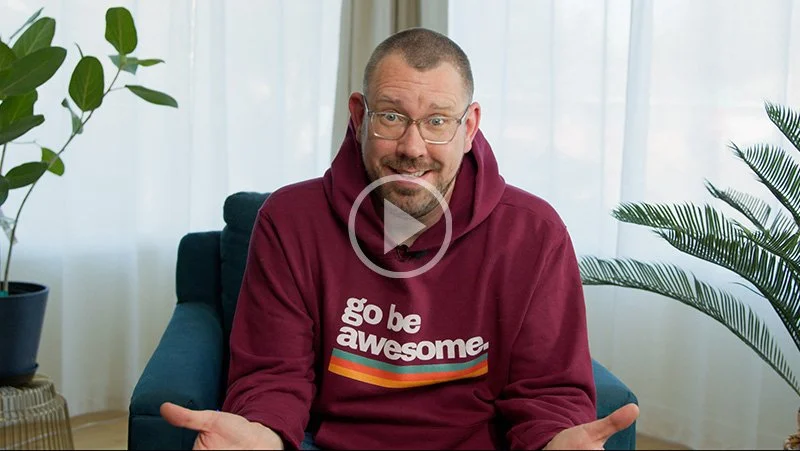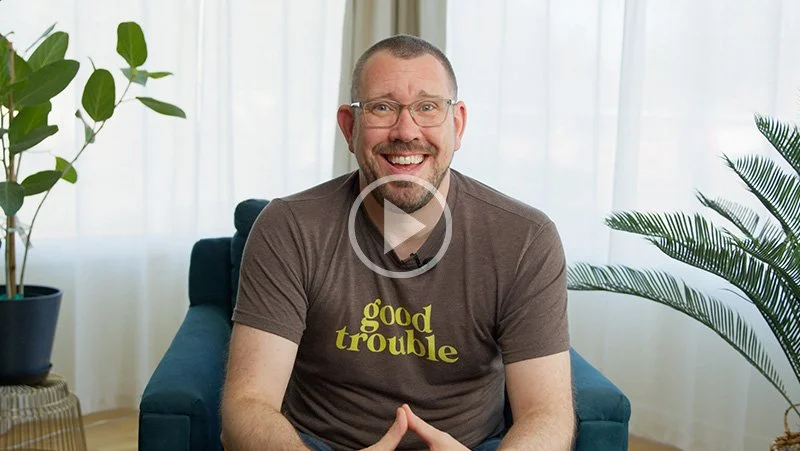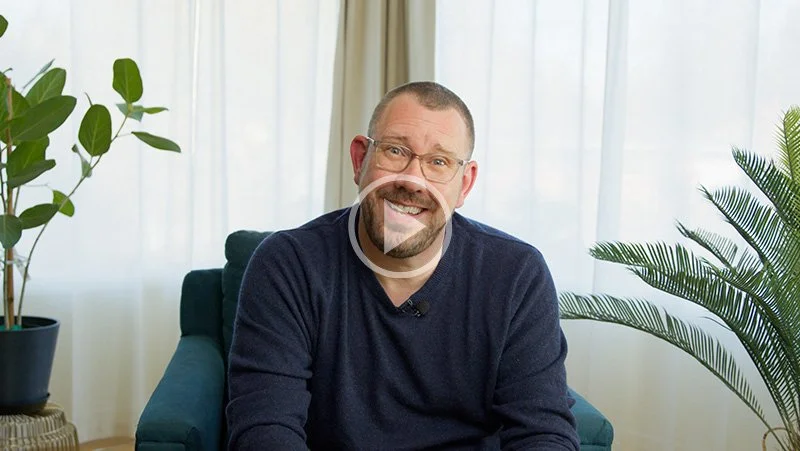Receiving Feedback Well
Welcome to the #culturedrop. Every Tuesday, Galen Emanuele emails tools to advance leadership skills, team culture, and personal growth. No spam, just great content. Sign up now to get it in your inbox.
A skill that builds trust and the bedrock for healthy relationships.
There are a lot of things that help build trust in relationships, whether at work, in friendships, romantic partnerships, etc. But if I had to name just one foundational skill that makes the biggest difference, it's this:
Can we say the things we need to say to each other, honestly and without fear?
That’s the heart of a strong, trusting relationships. It can also be the difference between a team that just functions and one that thrives.
Safe conversations = strong relationships.
“Can we say the things we need to say to each other, honestly and without fear?”
In all the communication and feedback workshops I’ve led, this concept comes up over and over again:
If you and I work together, and you know that you can come to me and say anything; give me feedback, share an experience that you’re having that isn’t great, even share things that are hard to say — and you trust that I’ll respond well, that I won’t have a big emotional reaction or become defensive and that coming to me is safe to do, that’s powerful.
And if I also know that the same is true about you — that I can give you honest feedback or share something with you and you’ll take it to heart, you’ll react well and make me feel listened to, without responding in a way that makes things worse or damages our relationship, then we’ve got such a solid, healthy foundation in our relationship.
That’s the kind of trust and communication that doesn’t just make people feel safe with each other; it actually improves the quality of relationships, work, collaboration, and the culture of a team.
It’s not just a nice idea, it’s a skill.
“Receiving feedback well isn’t some magic personality trait that some people are lucky to have. It’s a skill to be learned and practiced.”
Let’s be real, none of us are born with this ability. I definitely wasn’t. Receiving feedback well isn’t some magic personality trait that some people are lucky to have. It's a skill to be learned and practiced.
There are countless tools and resources out there, books, frameworks, courses, videos (I’ve made plenty) that help you get better at giving and receiving feedback and navigating tough communication. If you want to improve at this, the tools are accessible and available.
And the real progress comes from just doing it. You grow so much from having those uncomfortable conversations, and being intentional to put what you’ve learned into practice. Training yourself not to overreact, to respond in a calm, emotionally neutral way, to say, “Tell me more about that,” and focus on making the other person feel listened to and to prioritize the relationship over your ego.
The real benefit is when you can create that kind of safety with the people around you it transforms the entire relationship. You stop avoiding real conversations, or calculating the perfect things to say while walking on eggshells. You become able to say the things you mean to say, you start solving real problems, and you build healthy relationships that last.
“Being able to hear honest or difficult feedback without being reactive or turning it into conflict is emotional intelligence at its best.”
Emotional intelligence in action.
To me, being able to hear honest or difficult feedback without being reactive or turning it into conflict is emotional intelligence at its best.
If others can come to you and say what they need to say, and they know you’ll really listen and work with them to gently resolve whatever issue is at hand — that is something to be proud of. That’s leadership. That’s trust.
And if you’re still working on it? Same here. That’s the point. It’s not about racing to perfection. It’s about continuing to learn, to try, to improve, and the willingness to keep at it even though it’s really hard.
Strong relationships, especially at work, are built on the ability to effectively have tough conversations when they’re necessary. Get good at those and you’re building trust, better relationships, and having healthier interactions across the board; with coworkers, clients, friends, partners, everyone.
Related Blogs:
How to Gently Approach Conflict
Want more?
This article was created by Galen Emanuele for the #culturedrop. Free leadership and team culture content in less than 5 minutes a week. Check out the rest of this month's content and subscribe to the Culture Drop at https://bit.ly/culturedrop

